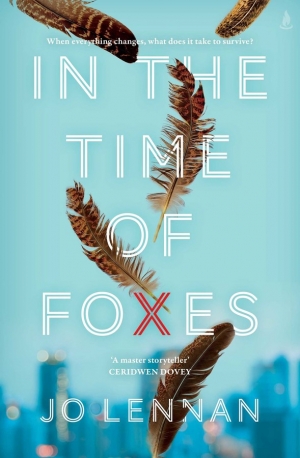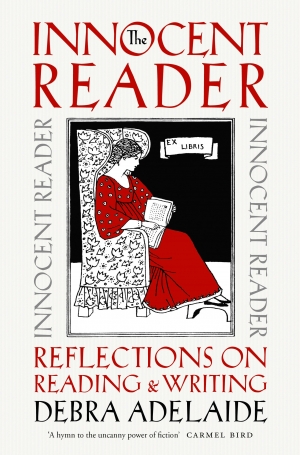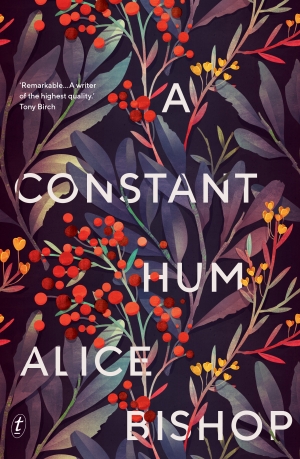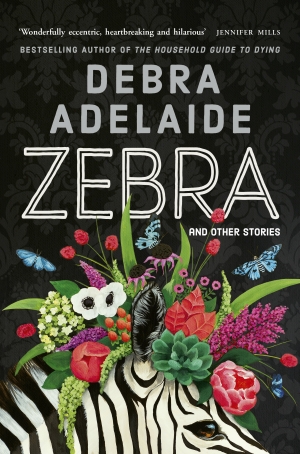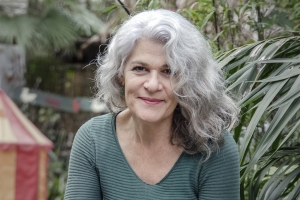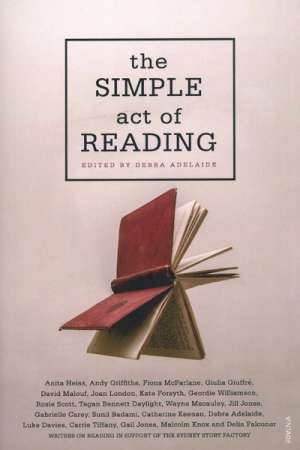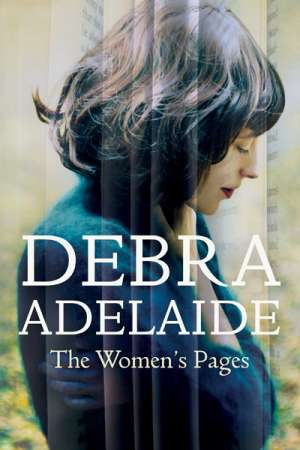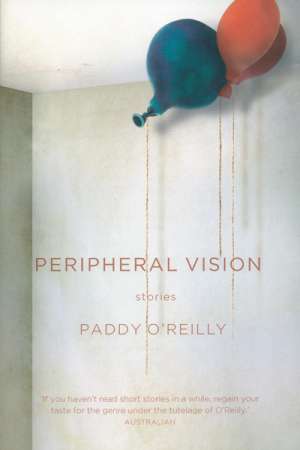Debra Adelaide
Three new novels by Josephine Taylor, Susan Midalia, and Madeleine Ryan
Determining connections between books sent as a review bundle is not mandatory, but there is an irresistible tendency to find some common theme. In the case of these three novels, the theme of women’s pain, and hidden pain at that, does not need to be teased out – it leaps out. Since it is unlikely that three different authors would have colluded, the prevalence of this is worth deeper reflection, especially considering recent titles such as Kylie Maslen’s essays on illness, Show Me Where It Hurts, or Kate Middleton’s extraordinary memoir essay ‘The Dolorimeter’, placed second in the 2020 Calibre Prize.
... (read more)Wonderful is not a critical word, but that is where I begin. Now that I have made my peace with foxes, I am full of wonder for them. Doubly receptive to these stories, I am quickly seduced after the first few, in which foxes appear either substantially or marginally. There is much wonderment in these stories, though only one of them is what might strictly be called speculative. Throughout the collection, little hints and details loiter in plain sight but are also hidden from the characters, sometimes from us – a bit like foxes themselves. For example, in ‘Animal Behaviour’ there is a small bomb ticking quietly from the start in the form of just one word – ‘offenders’ – linking the protagonist to her rescue dog; its detonation as the story unfolds is a triumph of structural control.
... (read more)Susan Sheridan reviews 'The Innocent Reader: Reflections on reading and writing' by Debra Adelaide and 'Wild About Books: Essays on books and writing' by Michael Wilding
The Innocent Reader, Debra Adelaide’s collection of essays reflecting on the value of reading and the writing life, also works as a memoir. Part I, ‘Reading’, moves from childhood memories of her parents’ Reader’s Digest Condensed Books to discovering J.R.R. Tolkien and other books in the local library, and to the variable guidance of teachers at school and university. Its centrepiece is the powerful essay ‘No Endings No Endings No’, which juxtaposes the shock of discovering that her youngest child has cancer with her grief at the death of Thea Astley in 2004. The last words of Astley’s final novel, Drylands (1999) give this essay its title. Adelaide draws out the hope that they suggest as she tells how reading – aloud to her son in hospital, and to herself when he was too ill to listen – enabled her to survive this terrible time.
... (read more)Thanks to the internet, the 24/7 news cycle, and social media, certain books are preceded by their reputations. They arrive freighted with so much publicity hype that reading them with fresh eyes is almost impossible. A Constant Hum is one such book, very much the product of a reputation established well before publication, due to the airing of individual stories in places like Seizure and Meanjin, along with several prizes and shortlistings.
... (read more)David Haworth reviews Zebra & other Stories by Debra Adelaide
As the United States tears itself to pieces over a proposed wall, which has in recent months transmogrified into a steel fence, here in Australia we have no right to be smug or to rubberneck. After all, Australia loves its fences. Since it was first occupied as a penal colony, this land has been bisected by a seemingly endless ...
... (read more)Generally where I am right now, in my study writing, but also in the garden. It is very uncomplicated.
... (read more)Gillian Dooley reviews 'The Simple Act of Reading' edited by Debra Adelaide
Let's start with the title. The act of reading is anything but simple, as Fiona McFarlane and Gabrielle Carey both point out. Eyes, brain, and mind cooperate to create from a series of symbols with no intrinsic representative value a coherent message, or some amusing nonsense, or a persuasive argument, or a boring anecdote, or a parade of transparent lies.
D ...
Susan Sheridan reviews 'The Women's Pages' by Debra Adelaide
In this beautifully crafted novel, two parallel stories merge. Chapters alternate between Ellis, a young woman living in Sydney in the 1960s, and Dove, a thirty-eight-year-old woman in the present day. As the novel begins, Ellis is contemplating leaving her husband and taking her baby son with her; Dove is mourning the death of her adoptive mother – and writing a ...
The missing novels: our critics nominate some overlooked classics
Just as there are ways of writing short story collections, there are also ways of reading them. I used to be a rummager, picking through collections, seeking out the title piece, dipping in here and there to ascertain the feel of the stories, then reading the book from start to finish. Conscious now of the architecture of collections, of the fact that the author has ...

